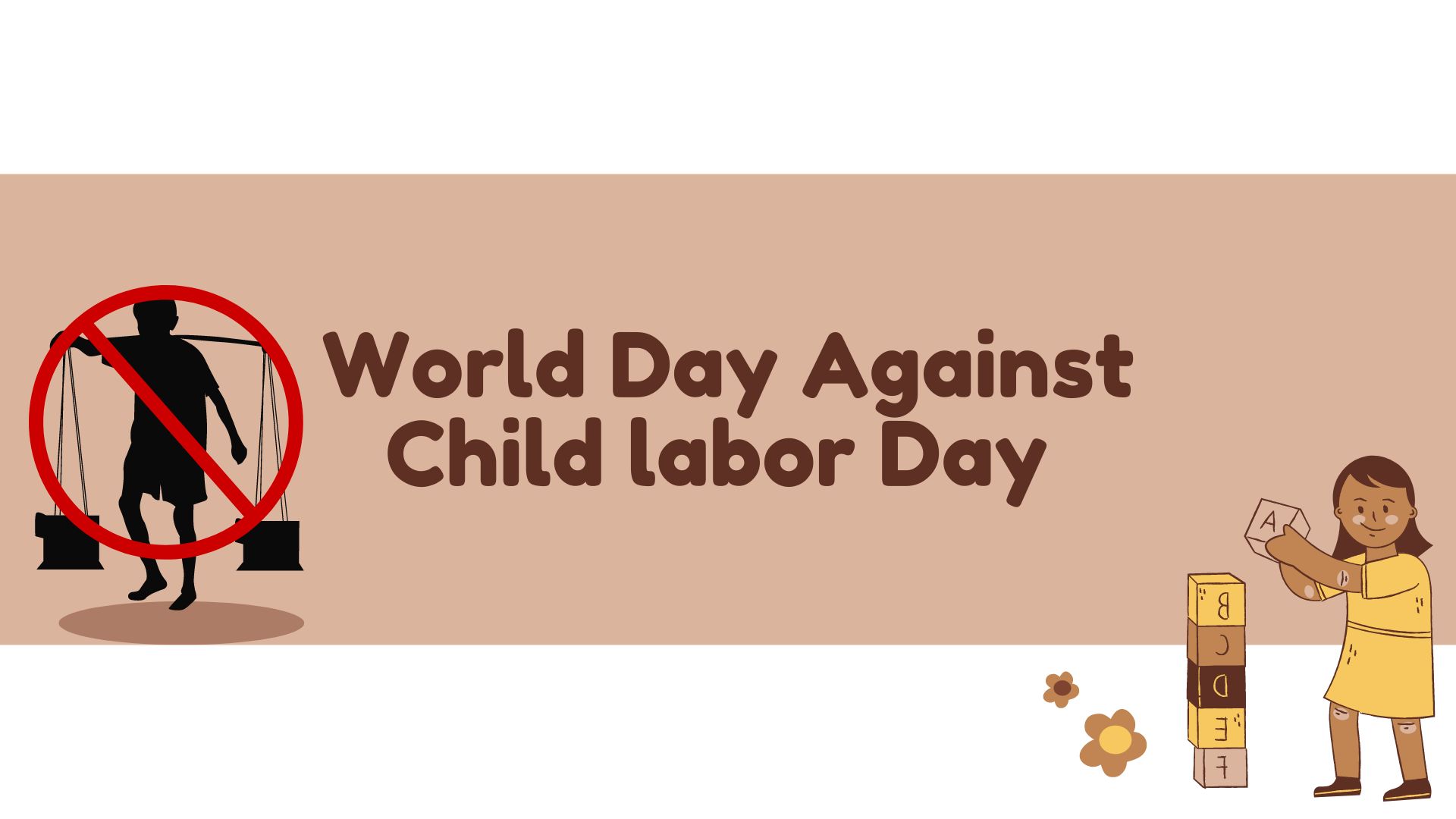
Bhavya Sharma
Senior Programme Officer, Centre for Responsible Business

Nitya Chhiber
Programme Officer, Centre for Responsible Business
Global Forest Outlook
Forests are essential to life on Earth. They play a crucial role in regulating the planet’s climate, protecting watersheds, and providing habitat for countless species. Forests also provide a wealth of resources that people depend on, from timber and paper products to medicines and food. However, global forest outlook reveals that forests are under threat from a range of factors, including unsustainable harvesting, irresponsible sourcing, climate change, and deforestation. The Food and Agriculture Organization (FAO) of the United Nations has been monitoring the state of the world’s forests since 1946. Their 2020 report, the Global Forest Resources Assessment 2020 (FRA 2020), provides a comprehensive overview of the world’s forests. According to the report, the world’s forest area has decreased by 178 million hectares since 1990. That’s an area roughly equivalent to the size of Libya. Currently, the world’s forest area stands at just over 4.06 billion hectares, which is roughly 33% of the world’s land area.
The report also reveals that forests are vital to the livelihoods of millions of people around the world. Approximately 1.6 billion people depend on forests for various beneficial ecosystem services and their livelihoods, with most of them living in developing countries. Forests also play a crucial role in maintaining biodiversity, as they provide habitat for thousands of species of plants and animals. In addition, forests are an important source of carbon sequestration, as they absorb and store carbon dioxide from the atmosphere, helping to mitigate the effects of climate change.
Threats to Forests
Despite the importance of forests, they face a range of threats. Deforestation, which is the permanent removal of forest cover for agriculture, pasture, or other uses, is one of the most significant threats to forests. According to the FAO,the rate of deforestation has decreased slightly in recent years, but it still continues at an alarming rate. The main drivers of deforestation are agriculture, logging, and infrastructure development, as well as unsustainable harvesting and irresponsible sourcing. Unsustainable harvesting occurs when trees are cut down faster than they can regenerate, leading to a decline in forest health and productivity. Irresponsible sourcing occurs when companies source their timber and other forest products from areas that are not managed sustainably, leading to environmental damage and social issues such as human rights violations and land tenure conflicts.
There are several Indian, Asian, and global companies that have faced criticism in the past for irresponsibly sourcing products such as herbals, food products, palm oil, and other forest-derived commodities. Most of them have now taken a commitment on responsible sourcing and are in the process of understanding the solutions and mainstreaming this in their supply chains
Sustainable Forestry is the Need of the Hour
Given the importance of forests and the threats they face, it’s clear that sustainable forestry practices are essential. Sustainable forestry involves managing forests in a way that balances the needs of people, the environment, and the economy. This means ensuring that forests are managed in a way that maintains their ecological integrity, provides economic benefits, and meets the social and cultural needs of local communities.
In addition to certification and responsible sourcing, sustainable forestry also involves a range of other practices, including:
Forest restoration: Restoring degraded forests and planting new trees can help to increase forest cover and improve forest health
Reduced impact logging: This involves using techniques that minimize damage to the forest ecosystem, such as carefully selecting trees to be harvested and minimizing damage to the soil and other vegetation
Sustainable land use planning: Planning land use in a way that takes into account the needs of the forest ecosystem and balances the needs of different stakeholders can help to ensure that forests are managed sustainably.
Community forestry: This involves involving local communities in the management of forests and providing them with economic incentives to ensure that forests are managed sustainably.
Here are some solutions for responsible sourcing of forest products:
- Certification: Certification schemes such as the Forest Stewardship Council (FSC) and the Programme for the Endorsement of Forest Certification (PEFC) provide a means of verifying that forest products come from sustainably managed forests. These certification schemes promote responsible forestry practices and set standards for social, environmental, and economic sustainability.
- Traceability: Traceability is a system of tracking the movement of forest products from the forest to the end-user. This helps to ensure that the products are legally sourced and come from responsibly managed forests. Companies can implement traceability systems through the use of technology such as barcodes and GPS tracking.
- Transparency: Companies should be transparent about their sourcing practices and disclose information about the origin of their forest products. This can help to build trust with stakeholders and ensure that the products come from responsible sources.
- Collaboration: Collaboration among stakeholders such as governments, NGOs, and the private sector is crucial for responsible sourcing of forest products. This involves working together to promote sustainable forestry practices, addressing illegal logging, and the welfare of forest-dependent communities.
In context of Palm Oil in specific where it provides an opportunity to produce more oil per land area than any other equivalent vegetable oil crop, in several countries, there have been concerns about unsustainable replacement of natural forests and irreversible damage
of the ecosystem and biodiversity. Therefore consumers, governments and companies all have key roles to play. Consumers must demand that companies use products that utilise sustainably produced palm oil. Government must compel and Companies must come forward on their own to adopt the no deforestation, no peat, no exploitation (NDPE) policies and commitments through certified sustainable palm oil. Many companies to reflect on their commitments for responsible palm oil have become members of the Roundtable on Sustainable Palm Oil (RSPO) at global level, which manages the largest, voluntary global standards for sustainable production and consumption of palm oil. At India level Organisations have also joined the Sustainable Palm Oil Coalition for India (I-SPOC) that provides a national platform to promote production, consumption and trade of sustainable palm oil and its derivatives or fractions in India.
Center for Responsible Business (CRB) is coordinating an action coalition FOLU India CREST aligning itself with global initiatives such as the FACT (Forest, Agriculture and Commodity Trade) Dialogues, launched by the COP26, to promote responsible sourcing practices among corporate supply chains. Under this program CRB along with CREST partners (WWF , WRI-India, and IDH) aim to work around traceability and transparency elements along with building the capacity of the supply chain on reducing the ecological footprint of business operations.
Conclusion:
Forests are a vital resource that are essential to the health of our planet and the well-being of millions of people around the world. However, they face a range of threats, including deforestation, unsustainable harvesting, and climate change. To ensure that forests are protected and managed sustainably, it’s essential that we adopt sustainable forestry practices such as certification, responsible sourcing, and forest restoration. By doing so, we can ensure that forests continue to provide us with the resources we need while also protecting the environment and supporting the livelihoods of local communities.
“NOTE: The views expressed here are those of the authors and do not necessarily represent or reflect the views of CRB.”












































































































